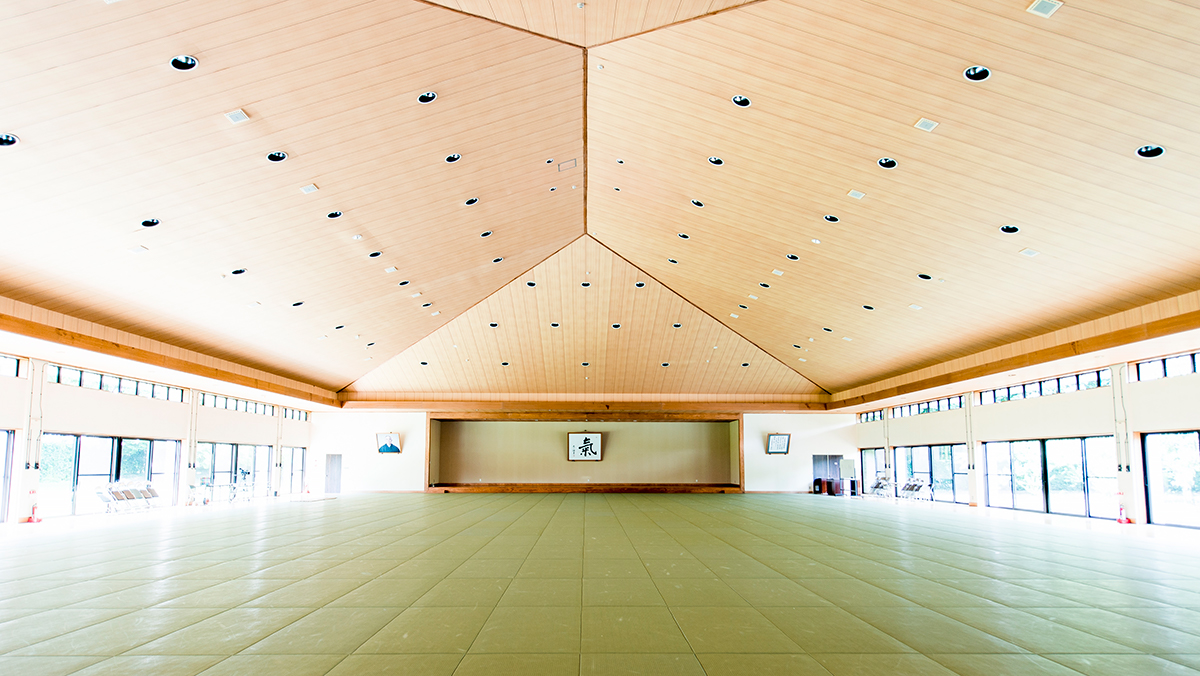A Happy New Year!
Today is New year’s day.
Do you know of the priest Ikkyu who flourished during the Muromachi period (about 600 years ago) ?
Ikkyu was a free-spirited priest and he did not cling to the rules or the system.
He composed the following poem:
“Kadomatsu ha meido no tabi no ichirizuka medetakumoari medetakumonashi” (from Kyounshu)
Meaning: Kadomatsu(Japanese traditional New Year decoration) is an important milestone throughout life. It is auspicious, and yet also not auspicious.
This is a famous poem. Therefore, you might know it.
Everyone celebrates New Year’s holiday. However, this means you are a step closer to the end of your life.
A “milestone” is a landmark for tourists along the way. The priest Ikkyu likened life to the way, and liken New Year’s holiday to a milestone.
Therefore, you can say New year’s holiday as auspicious and not auspicious.
It is said that Ikkyu read this poem to satirize people who are festive. However, does this poem really mean that?
Originally, there is no New year’s day or New year’s eve in the Universe itself. Human beings have divided up time by using a calendar.
Therefore you might think, “New year’s day has no meaning.” However, that’s not it.
It is easy for human beings to be overwhelmed by inertia if we do not draw a line, by creating an ending and a beginning. By having a New Year, we can start our life on a new note.
It is good chance to set or check our personal goals.
Koichi Tohei sensei taught us; “It is important to forget everything that has happened during the previous year, whether good or bad.”
You might think, “Isn’t it okay to remember the good things, while setting the bad things aside?”
You will not repeat same mistake if you remember a bad thing.
But you will be encouraged, if you remember a good thing, yes?
However, the problem is “clinging to the past.”
For example, if you look back and think, “I had bad things happen last year, so I am sure that this year will be bad too.” or “Last year’s business performance was good, so this year should also be all right”, then you cannot move forward.
“Forget everything that has happened during the previous year, whether good or bad.” means “Do not cling to the past, and extend Ki to move forward.”
This is one of the purposes of Senshin no gyo (clearing the mind). As the meaning suggests, you can clear the mind thoroughly.
Let’s go back to the story of the priest Ikkyu.
Koichi Tohei sensei talked about the priest Ikkyu’s poem in the following way:
”The priest Ikkyu would like to tell people that it is up to your own mind whether you look on New Year in a plus way or a minus way.”
It seems that the priest Ikkyu’s poem does not have a negative meaning.
It is important not to just celebrate the New Year, but to think of the meaning of the New Year, and to start the New Year with a plus mind.
Let’s study Ki principles together with a plus mind.

Ki no sato

This is Kadomatsu.
Start the New year with a plus mind


